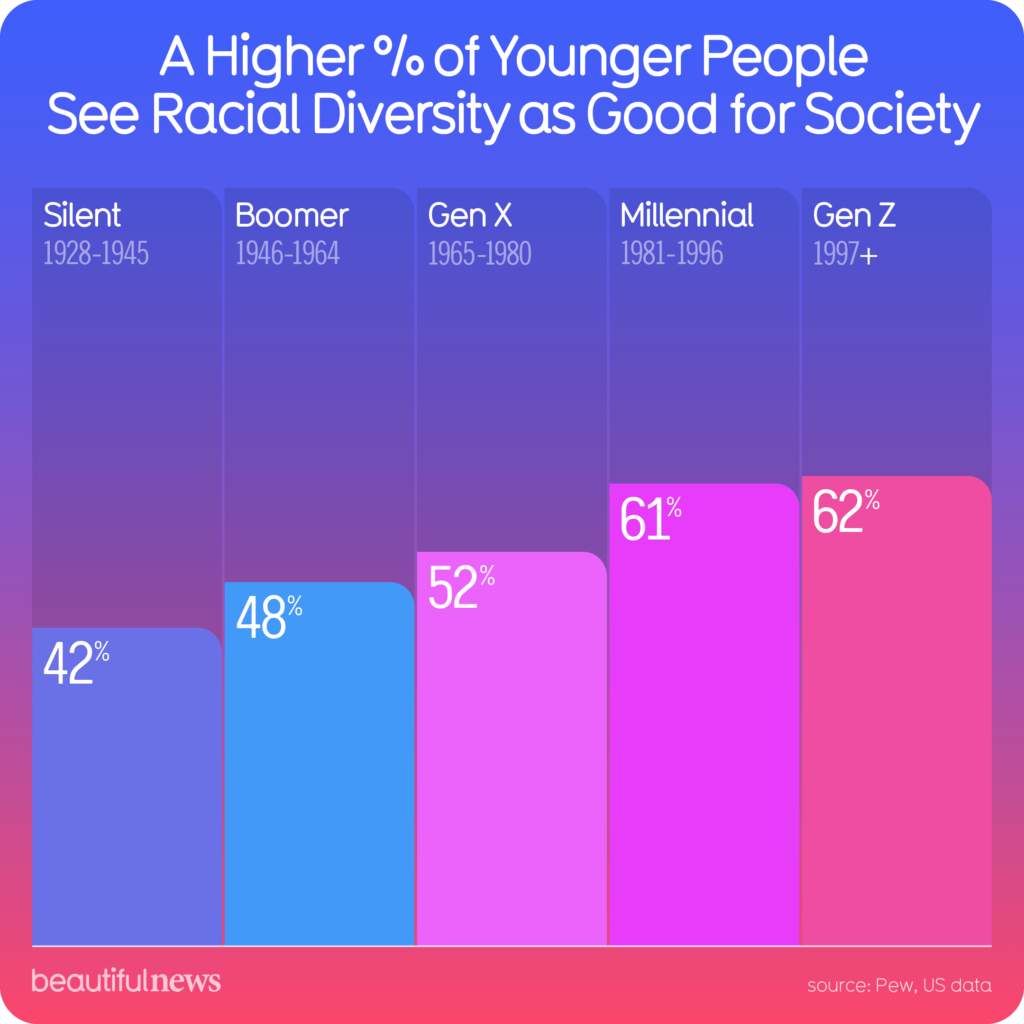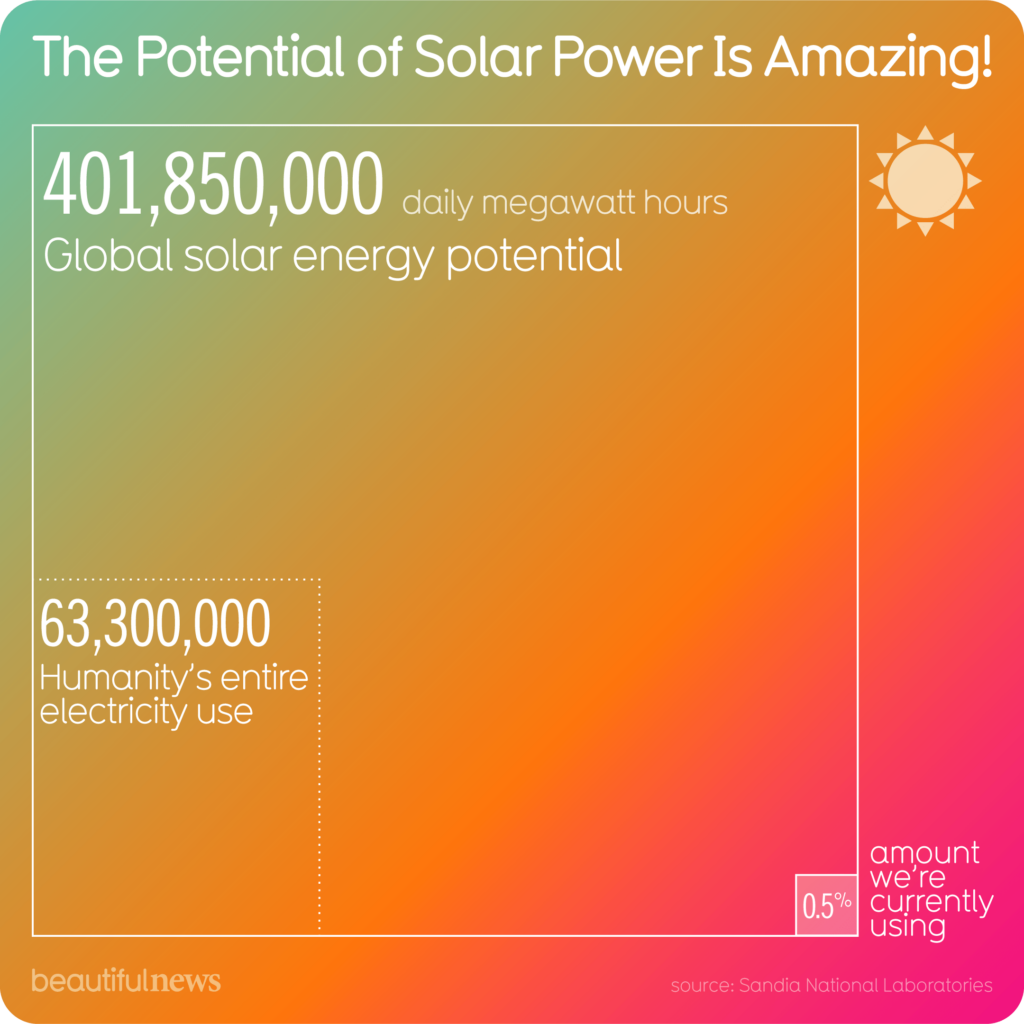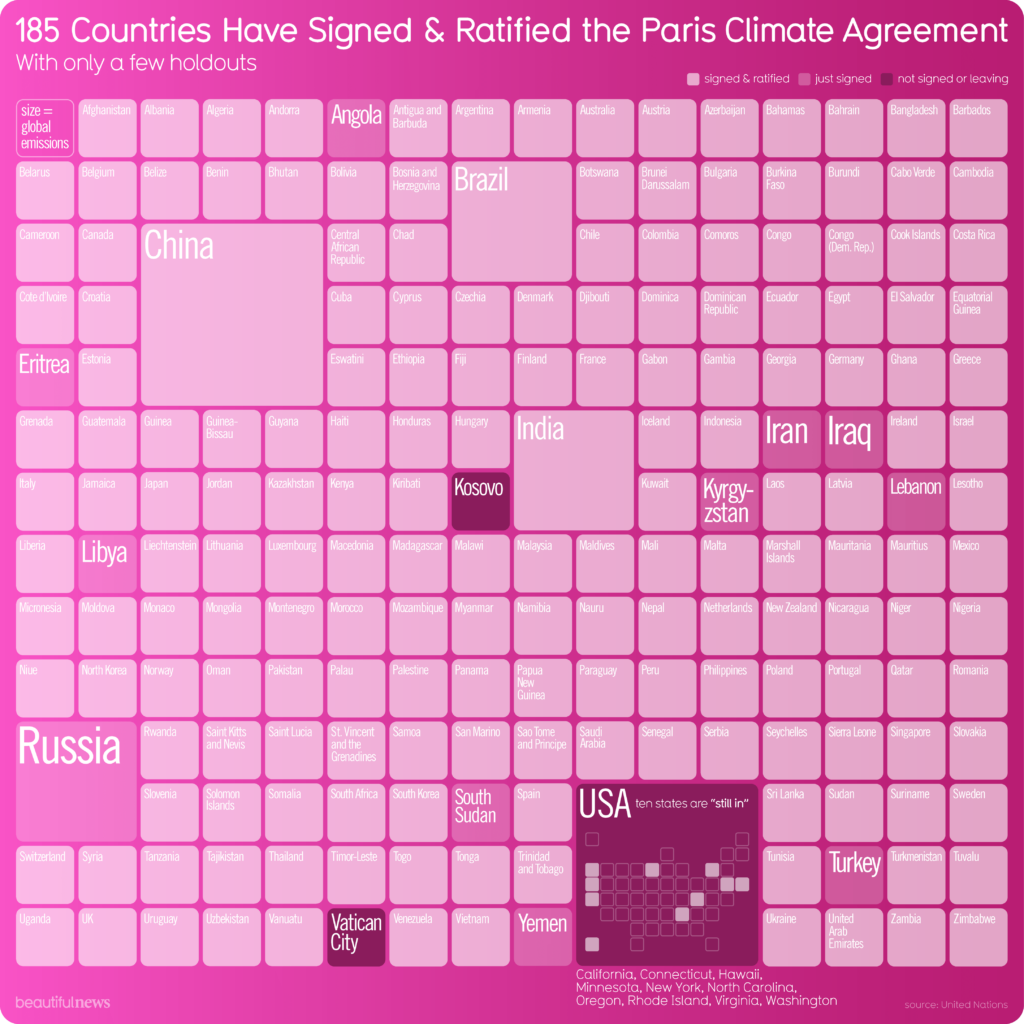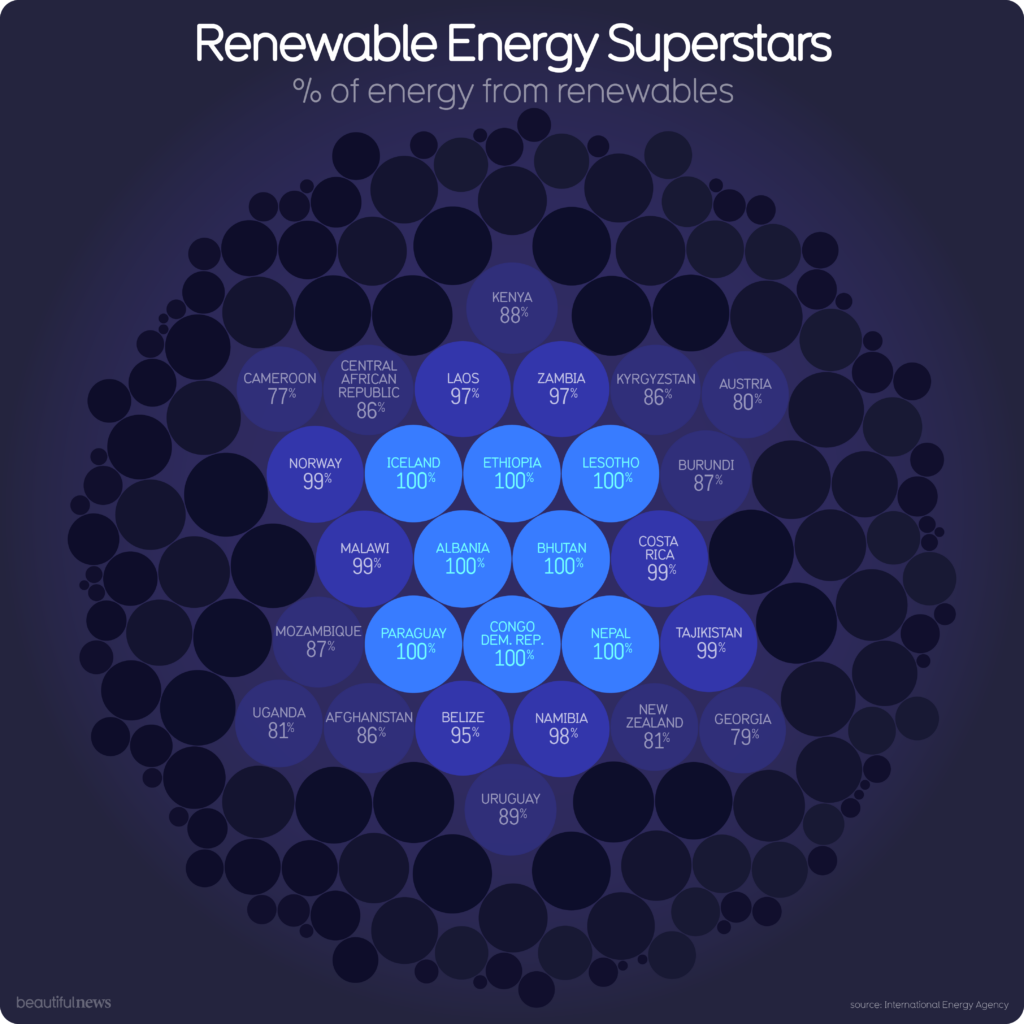What is Doughnut Economics?
This is lifted directly from Kate Raworth’s website. Kate is the author of Doughnut Economics, a book I’m currently reading and getting very excited about. The following paragraph introduces the concept…
Humanity’s 21st century challenge is to meet the needs of all within the means of the planet. In other words, to ensure that no one falls short on life’s essentials (from food and housing to healthcare and political voice), while ensuring that collectively we do not overshoot our pressure on Earth’s life-supporting systems, on which we fundamentally depend – such as a stable climate, fertile soils, and a protective ozone layer. The Doughnut of social and planetary boundaries is a playfully serious approach to framing that challenge, and it acts as a compass for human progress this century.
Kate Raworth, 2017
The concept is exciting because it offers a clear and visual way of looking at how we can start to reshape economic theory to tackle some of our primary global challenges and move towards a more sustainable way of living. We have ideas of the economy embedded in society and focussed on capitalism and constant growth. Our world and societies are showing that this is no longer sustainable.
I haven’t completed the book yet but I wanted to outline a few ideas as to what role digital could play to support and help deliver actions in relation to this model. Initially these thoughts are instinctive so once I’ve completed the book I’ll expand on the ideas further.
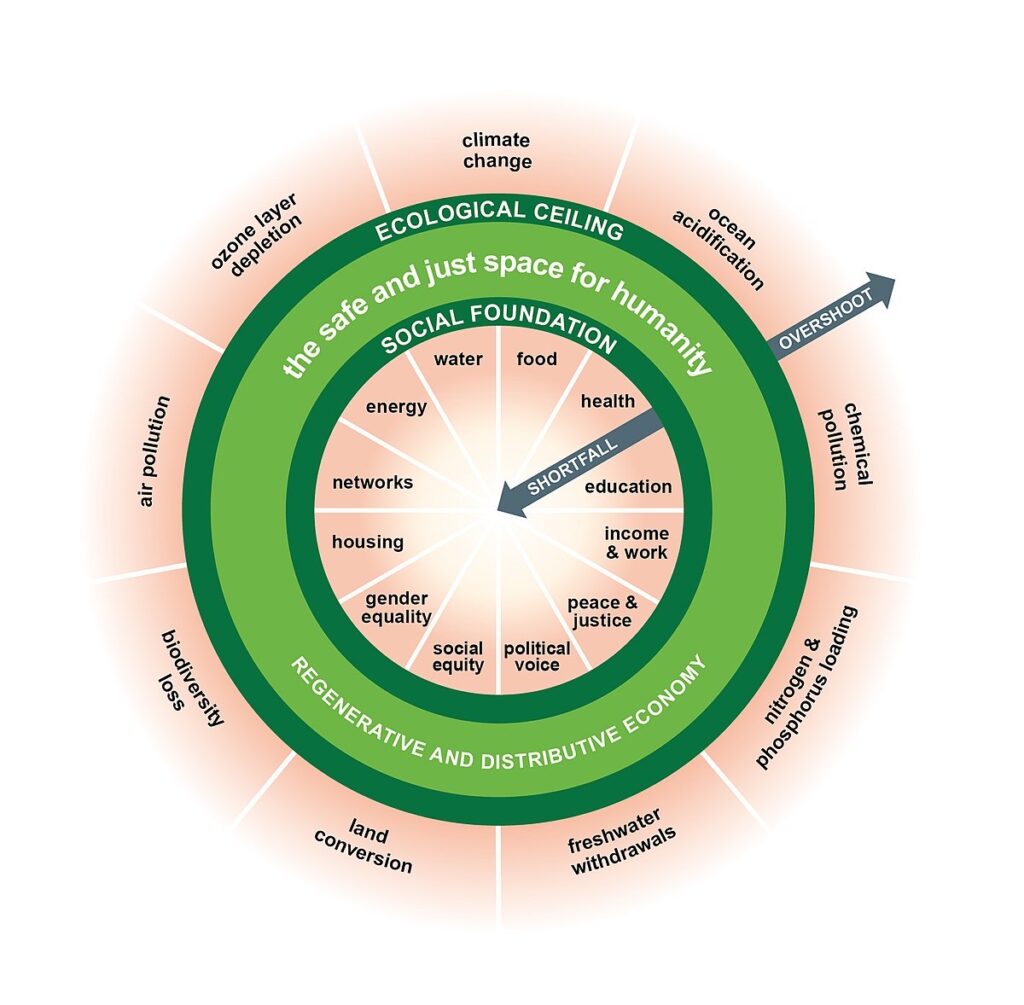
How can digital support the doughnut?
As mentioned above this is an instinctive look at the doughnut from a digital point of view and a first look at applying some of the principles to a digital approach to support the doughnut model.
Change the measurement?
The first principle I want to touch on is the first discussed in the book, changing the goal from GDP to the doughnut. How does a capitalist growth model move to a more complex human needs based and distributive model? Straight away, my thoughts move to how we measure our achievements on and offline. We’re driven by a culture of growth whether it’s wealth, likes, followers, fitness, assets or kudos. Collectively, we have a need for immediate gratification. These signals of gratification can become a form of identification. It comes as no surprise that we laud over the people with the highest scores for wealth, popularity, humour or health. Unsurprisingly our digital behaviour seems to mirror the economic and capitalist culture that has been instilled in us all from an early age. So how do we change the measurement?
Instead of measurements focusing on individual achievements, can measurement be externalised (not in the psychological sense but the business sense)? Can our individual digital behaviour be measured in a way that reflects our impact on others, our generosity and our conscientiousness towards a more balanced and sustainable future? Here are my initial thoughts:
- Morality: Social media sites have diversified the type of interaction you can give a post and sharing has always been integral to the social media model. What the social media platforms don’t do is differentiate the type of content on a moral or value basis. It is acceptable to share articles that resonate with you and your sandbox with very little moral regulation. This may be regarded as the purest definition of free speech by some but we should not ignore or excuse knowledge and acts that contribute to a weakening of our moral compass. If algorithms were built on morality as opposed to popularity we could all help to elevate societal views towards the most crucial aspects of the doughnut.
- Does the article help someone?
- Does the article support cooling the planet?
- Does the article inform people how to reduce waste?
- Does this article spread any form of hate? (Simply remove, it’s not helping anyone)
- Sustainability: I’ve already started to notice measurement in relation to supporting the planet. We use Smol products in our household and we can track the contribution we’ve made in terms of the reduction in chemical and plastic waste. I’ve bought clothes which give back in social and environmental currency. Buying an organic t-shirt and planting trees with Tentree or giving to charity with every purchase with Good Trip Clothing. Many aspects of the doughnut are incorporating digital measurements and data visualisations to help spread the positive impact of engaging with forward thinking brands. Charity, energy, housing and food all have visual metrics that we either engage with or share. If sharing these contributive measurements and messages can be encouraged we might start to see a more positive picture in our online worlds. This type of metric and measurement could be standardised into a token of virtue or integrity. Would it work? Would we all be happy literally virtue signalling?
- Equality: Whether it’s gender, social or racial, there is a stark and powerful need to face up to and act on the inequalities within our society. The internet plays a huge role in enabling us to reach a shared understanding and progress towards equality at all levels. The greatest challenge to this is that the internet is still a relatively regulatory free zone. It’s very difficult to elevate or score peoples’ positive views on equality in amongst the negative noise. Regulatory measures are starting to make more headlines, the obvious one being Trump getting kicked off various social platforms. It makes a statement that if you are completely bigoted, racist, sexist and take every other extreme view against a morally astute society you can get away with it for at least half a decade in plain view. We must do better. We must regulate more consistently.
- Globalisation vs localisation: Is globalisation completely contradictory to the doughnut economic model? Absolutely not. The sharing of education, science, medicine, progressive views and knowledge in general is proving that a more global society can be a more effective society. The response to the pandemic has been an example in point, we’ve been able to witness a global response and how individual countries have chosen their own paths. Data is prevalent across most aspects of the doughnut but it isn’t delivered in a accessible way to a global audience. It would be great to see competition theory and gamification more visibly applied to regions and nations for metrics other than the size of their package (GDP). I’m a big fan of beautiful news daily, a visually stimulating way of injecting yourself with good news. Much of the information presented is related to countries or cities and aligns to the social foundations of the doughnut. There are thousands of potential metrics so how could they be consolidated to generate a league table of nations or regions? How can a more digestible view of our locale be presented to us?
- Connected data: Stepping away from how we interact with data visually or socially, they’re is a huge opportunity with connected data to show the output of our daily lives in relation to society. Appliances can be linked to energy use, energy use is effectively being measured by smart meters. Our consumerism is being categorised and reported back to us via our finance apps. We can calculate our financial investments and relate to the impact that the industries we invest in have. We don’t yet centralise the information in one place, almost like a doughnut credit score. How much credit have we taken out of the planet that we can’t repay back? Do we need a visible score for some people to act?
The principal objective for measurement is the need for individual actions online to show a visible contribution to society and for that contribution to be an accepted value of kudos. No more likes, more gives? If the actions can be collated into a communal view individuals will be able to see momentum and scale of communal action. We all need to think how we would like to be measured for our contribution.
Let‘s finish with some beautiful news, do check out beautiful news daily and get involved with the Doughnut.
